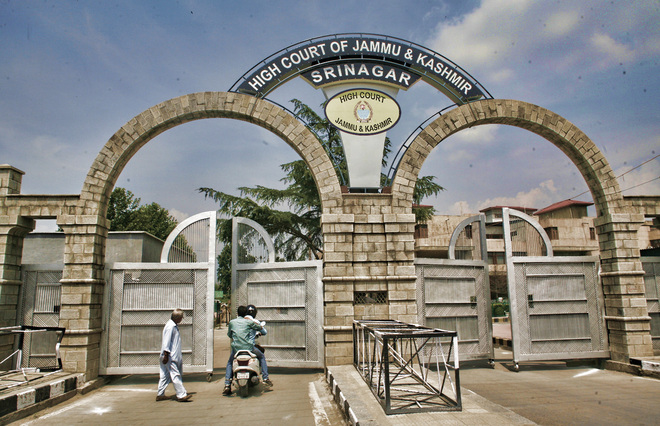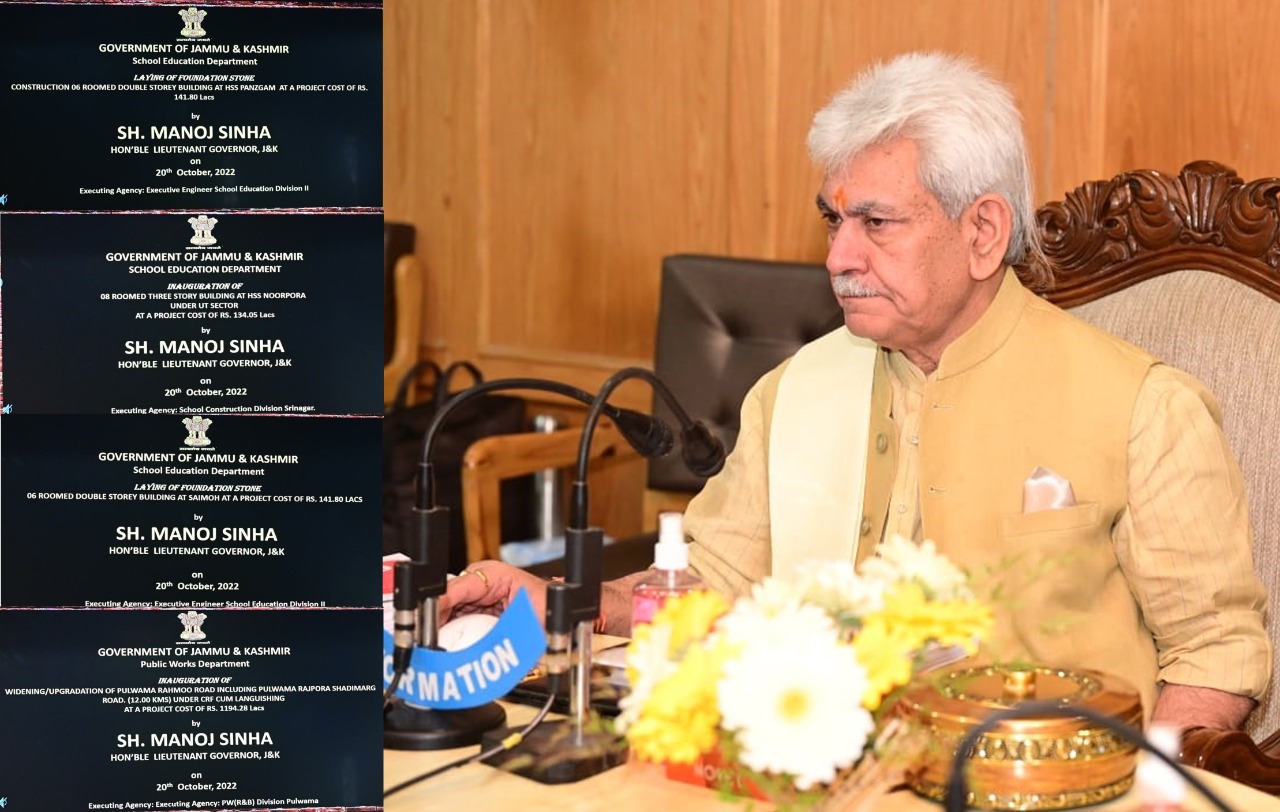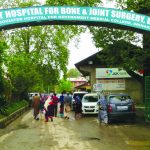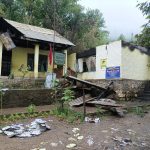Srinagar, Oct 20: The High Court (HC) of Jammu & Kashmir and Ladakh Thursday sought status of 13 cases which are pending in various courts against 16 former and sitting Member Parliaments (MPs) and ex-MLAs in the Union Territory (UT).
The court said to ensure progress in the trial of the cases, it has become necessary to seek status of the trial from the concerned courts through the Registrar Judicial of the High Court.
A division bench of Chief Justice Ali Mohammad Magrey and Justice Sanjay Dhar directed the Registrar Judicial of the High Court to seek status of the trial of cases from various courts of J&K and Ladakh.
The court also granted two weeks further time to the Commissioner Secretary to Government Home Department, UT of Ladakh to submit the details of the cases pending against the sitting and former legislators.
The directions came in view of a status report filed by the J&K government providing information about pendency of the trial and investigation against the politicians.
As per the status report filed by Director General Prosecution, Jammu, there are 13 cases which are pending trial against 16 former and sitting legislators before various subordinate courts as well as matters pending before the High Court.
The politicians against whom the FIR’s are registered and are pending trial include, former Minister for Public Works, Nayeem Akther Andrabi, former Minister for Housing and Urban Development, late Iftikhar Hussain Ansari, sitting Member of Parliament, Lok Sabha, Mohammad Akbar Lone, former Speaker of J&K legislative assembly, Mubarak Gul, former Deputy Chief Minister, J&K Tara Chand.
The report also include the names of former MLAs, Balwant Singh Mankotia, Abdul Majid Wani, Dr. Gagan Bhagat, late Satpal Lakhotra, and Prem Nath from Jammu district, Ghulam Mohi-ud-din Mir of Pulwama district, Mohammad Altaf Wani, Abdul Reheem Rather, and Mansoor Hussain of district Anantnag, Shabir Ahmad Khan, and Zahoor Ahmad Mir (party respondent) of district Srinagar.
The bench fixed the matter for hearing on November, 15.
Earlier, the court had taken a suo moto cognizance of the Supreme Court directions regarding monitoring the progress of trial of cases pending against the sitting & former legislators (MPs or MLAs).
The court while treating it as a PIL “Court on its own motion vs Union of India and others” sought information regarding the number of trials which are pending in different subordinate courts as well as the matters pending in the HC against the legislators.
On September, 16, 2020, the Supreme Court had asked the Chief Justices of High Courts to head Special Benches and immediately hear long-pending criminal cases against sitting and former legislators.
“There are about 175 cases under the Prevention of Corruption Act and 14 cases are pending under the Prevention of Money Laundering Act, 2002 against sitting/former legislators,” the court had noted in the order.
The apex court had requested the Chief Justices to take up these cases which have been in the backburner indefinitely just because the courts had granted an interim stay of trial at some point of time in the distant past.
The Chief Justices were further asked to list such cases immediately before their own respective Special Benches and review if the stay on the criminal trial needs to continue at all.
“In case the interim stay is still necessary, the Special Bench concerned should finally decide the pending petitions to quash the criminal trial filed by the accused legislators within two months,” the top court had said.
The bench had added, “There should not be any unnecessary adjournments. The hearings should proceed on a day-to-day basis. The COVID-19 restrictions would not apply as the hearings can be done through video-conferencing”.
The Supreme Court had also asked the Chief Justices to come up with an action plan on the infrastructure and number of special courts required to exclusively try criminal politicians.
The court had asked the Chief Justices to submit their action plans based on the number of cases pending against MPs/MLAs in their respective States, the number of judges and their tenure, the number of cases assigned to them and the expected time of disposal, among other crucial details.







